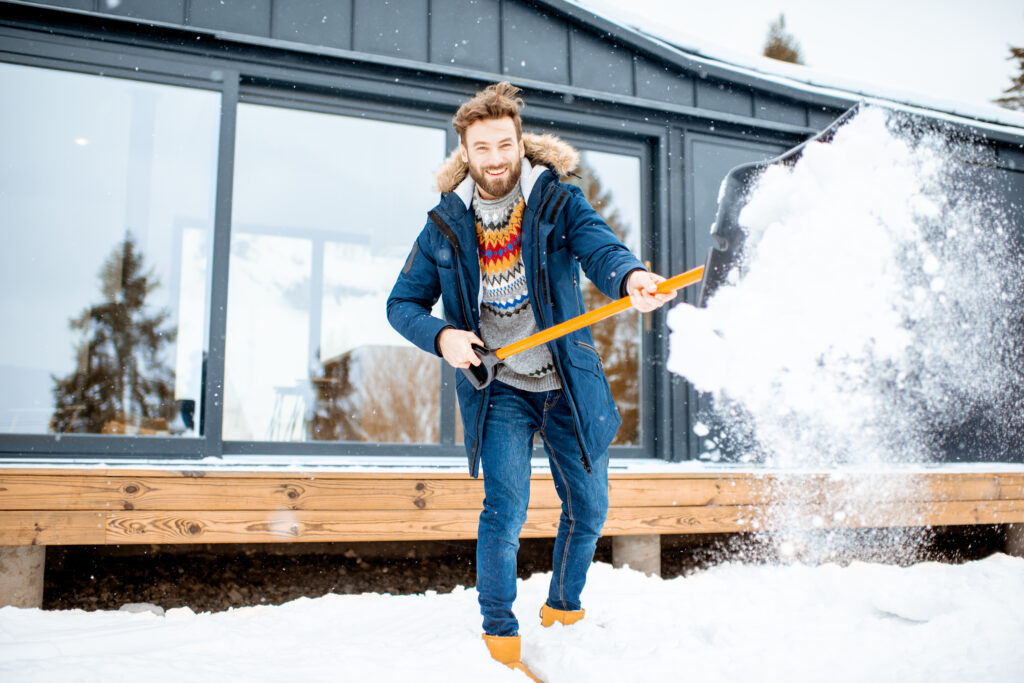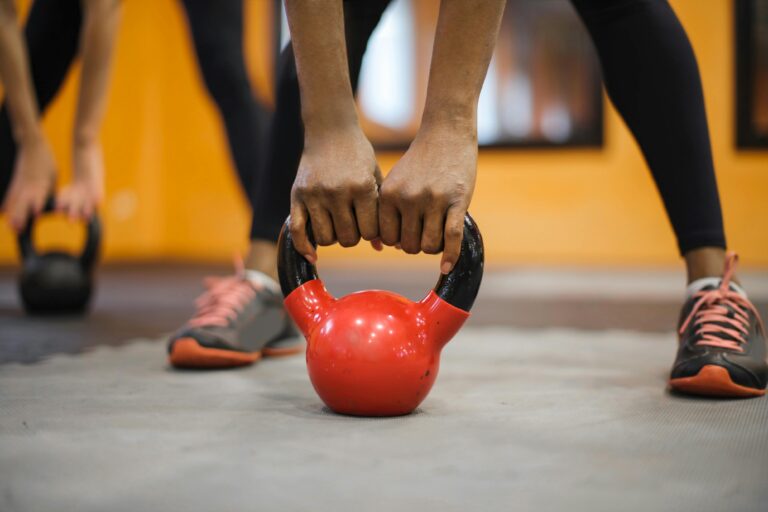Avoiding snow shoveling injuries is important, especially during the winter months when the risk of such injuries is high. Snow shoveling can be physically demanding and can lead to muscle strains, back injuries, and even more serious health issues like heart attacks. Here are some tips to help prevent snow shoveling injuries:
- Warm-Up: Before you start shoveling, do a quick warm-up to get your muscles ready. This could include light stretching or a brisk walk around your house.
- Choose the Right Shovel: Use a shovel that is ergonomically designed to reduce bending and straining. A shovel with a curved handle or an adjustable handle length can help. Also, consider a lightweight shovel to reduce the load.
- Use Proper Technique: Bend your knees and lift with your leg muscles, not your back. Keep your back straight and avoid any twisting motions. Try to push the snow rather than lifting it when possible.
- Take Breaks: Shoveling snow is a strenuous activity, so take frequent breaks. This helps prevent overexertion, which can lead to injury.
- Stay Hydrated: Even though it’s cold, you can still get dehydrated. Drink water before, during, and after shoveling.
- Dress Appropriately: Wear layers of clothing so that you can adjust your body temperature. Also, wear proper footwear with good traction to avoid slips and falls.
- Pace Yourself: Work at a pace that is comfortable for you. Remember, it’s not a race. If the snow is deep, remove a few inches at a time rather than attempting to shovel the full depth in one scoop.
- Use a Pushing Motion: Whenever possible, use a pushing motion instead of a lifting motion to move the snow to the side.
- Be Cautious with Ice: Be aware of ice under the snow. Use salt or sand to melt the ice and provide better traction.
- Listen to Your Body: Pay attention to what your body is telling you. If you feel pain, stop immediately. If you experience symptoms like chest pain, shortness of breath, or sudden dizziness, seek medical attention immediately.
- Consider Alternatives: If you have existing health issues or are at high risk for heart disease, consider hiring someone to shovel your driveway or use a snow blower.
By following these tips, you can reduce your risk of injury while shoveling snow. Remember, safety should always come first.


